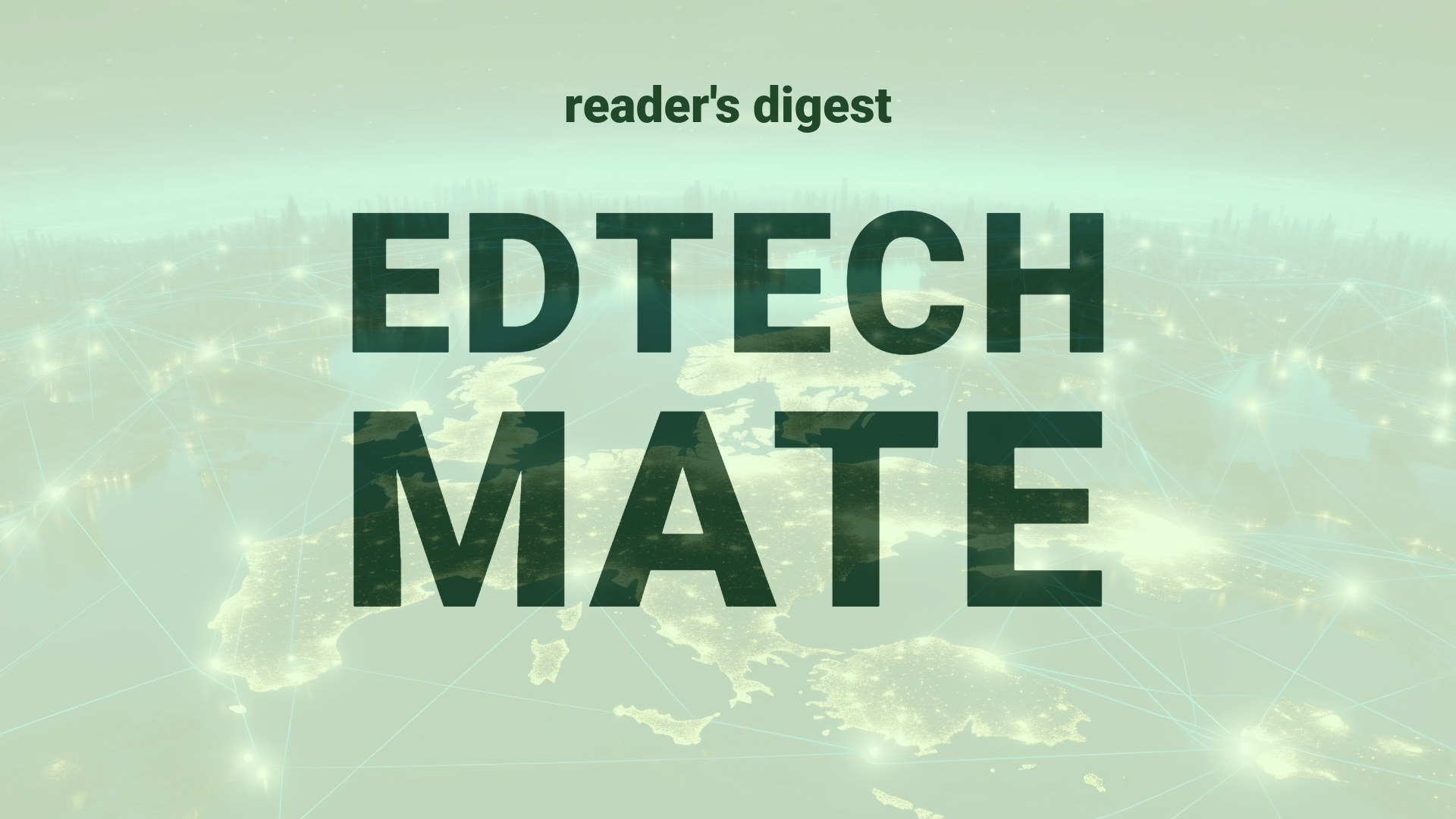Executive Summary and Main Points
In an era marked by rapid advancements in artificial intelligence (AI), leaders in the education sector are encouraged to adopt a ‘beginner’s mindset,’ which is characterized by openness and curiosity rather than relying on past expertise and authority. The currents of change within AI are generating apprehension, which often leads to a retreat into ego-driven behavior that can stifle innovation and adaptability. However, embracing a beginner’s mindset is shown to be instrumental in achieving superior outcomes. The backdrop of high employee stress intensifies the need for this shift in leadership approach. These developments are particularly relevant to the international education sector, which is undergoing significant digital transformation.
Potential Impact in the Education Sector
The invocation to adopt a beginner’s mindset in AI leadership has significant implications for Further Education and Higher Education institutions, as well as providers of Micro-credentials. As these entities engage with strategic partnerships and digitalization efforts, greater openness can lead to enhanced collaboration, a more agile adaptation to digital tools, and better alignment with evolving job market demands. Leaders who encourage a culture of curiosity may see their institutions lead through innovation rather than follow, particularly given the growing penetration of digital tools in education.
Potential Applicability in the Education Sector
In the context of a global education system increasingly influenced by AI and digital tools, a beginner’s mindset can foster the creation of innovative applications. Examples include data-driven personalized learning pathways, AI-augmented research, and automated administrative functions, all of which can greatly benefit from an exploratory and adaptive leadership stance. Moreover, AI’s potential to revolutionize the delivery of education through adaptive learning platforms and virtual assistants can dramatically enhance student engagement and outcomes, particularly in international contexts where education systems differ.
Criticism and Potential Shortfalls
While advocating for a shift in mindset toward openness, there are potential pitfalls and criticisms. For instance, an overemphasis on novelty could lead to underestimating the value of experience and existing knowledge. Additionally, the integration of AI into higher education must be handled with care to avoid exacerbating existing inequalities, safeguarding intellectual property, and preventing the perpetuation of biases. Comparative international case studies reveal that without proper oversight and ethical consideration, such technological optimism could backfire, resulting in unforeseen negative consequences.
Actionable Recommendations
For the education sector to leverage these AI-induced changes effectively, it’s recommended that leadership:
- Implement professional development programs that cultivate a beginner’s mindset among educators and administrators.
- Establish cross-functional teams to work on AI projects to foster a culture of collaborative learning and innovation.
- Create testbeds for AI applications within the education sector, encouraging experimentation while managing risks.
- Engage in ethical audits of AI applications to ensure they align with international educational standards and values.
- Seek strategic partnerships with technology providers to stay ahead of the curve and inform curricula relevant to future job markets.
These strategies can help to embed a culture of continuous learning and adaptation, which is essential to navigating the challenges and opportunities of AI in global higher education.
Source article: https://hbr.org/2024/04/to-succeed-with-ai-adopt-a-beginners-mindset

